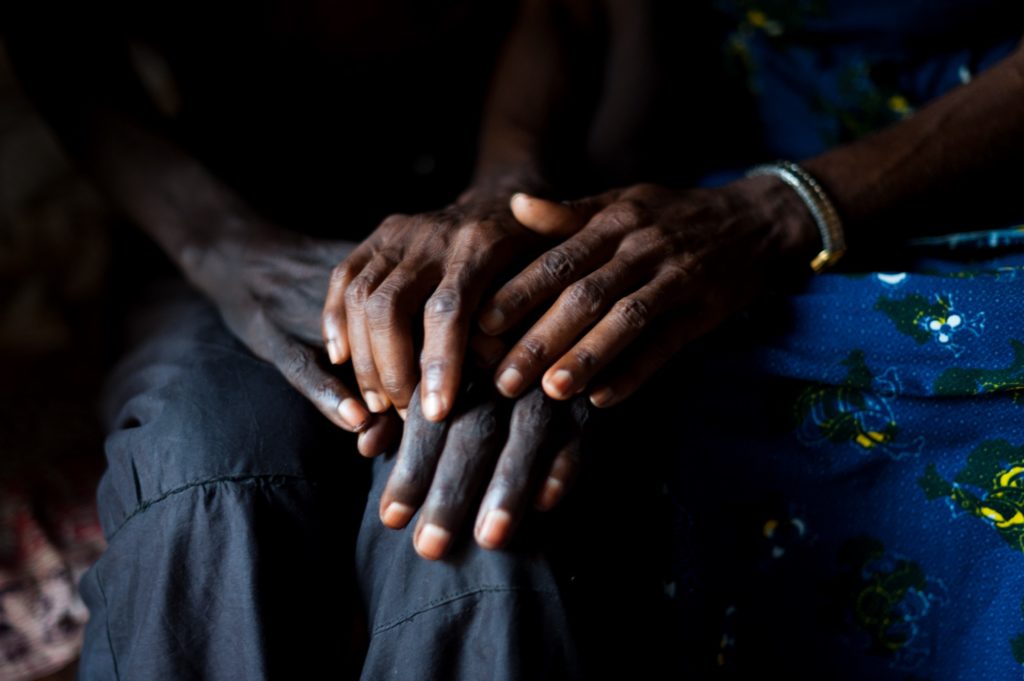Among Africa’s most populous countries, only Nigeria has more women on HIV treatment than men. Why is this so?
In contrast to the findings of several drug compliance studies among men and women, including this one which found men to be more compliant to their medications compared with women, reverse is the case with HIV treatment compliance in Nigeria.
Worldwide, 36.9 million people are living with HIV while 35.1 million are adults out of which women above fifteen years are 18.2 million thus representing more than half the number of adults with HIV.
In Nigeria, the recently released Joint United Nations Programme on HIV/AIDS (UNAIDS) report, revealed that 58% of people living with HIV in Nigeria are women, 49% are aware of their status, with 44% on treatment. For men, 29% are aware of their status with 22% on treatment in 2017.
This peculiar trend among Nigeria’s adult male HIV-positive individuals is not a surprise to healthcare providers who had repeatedly expressed concerns regarding patients’ compliance to antiretroviral medications.
Failure to comply with treatment had been associated with viral resistance, treatment failure, toxicity, and ultimately, waste of financial resources.
Why Nigerian man are not receiving HIV treatment
According to this research, non-adherence to antiretroviral regimen is common for many reasons, some patients complain of different side effects, socioeconomic factor as a large population of the people living with HIV live below poverty line.
Clinical experience showed for many of the patients with HIV in Nigeria, the transport fare to visit HIV/AIDS clinic for their appointment is enough reason to default on treatment. Others includes non-availability of ARV drugs, and the stigma of taking the drugs.
A comparison of the gender gap for HIV treatment among Africa’s top 4 most populous countries showed Nigeria is the only one where more women are receiving treatment than men.
Doctors said women with HIV in Nigeria are detected and recruited for treatment during pregnancy and childbirth. Once there is a positive diagnosis, they commence antiretroviral treatment to prevent mother to child transmission.
Public health experts said this practice has strong influence in the number of Nigerian women that have access to treatment. For men on the other hand, the only time many of them know their HIV status is when they get tested for the virus when they present at the hospital to treat an ailment.
A few get lucky during different HIV campaign and advocacy events by civil society organizations (CSO).
Free treatment is another factor
HIV medications are also free in Nigeria this means there are no financial implications. This is another important factor and a game changer making HIV/AIDS management gender free. In most other disease conditions, women are limited by lack of financial support thereby reducing their drug compliance ability compared to men.
“AIDS is not over, but it can be. At the halfway point to the 2020 targets, we must recommit ourselves to achieve them. The successes in HIV treatment show what can be done when we put our minds to it. People living with HIV are leading longer, healthier lives. But we still have miles to go. We have promises to keep” – Michel Sidibé, UNAIDS Executive Director.
Commenting on this trend, the African Development and Empowerment Foundation, an initiative working closely with the community birth attendants to reduce maternal death, drew attention to the existence of a group of Nigerian women that are not yet captured by current efforts.
“There are more women in the rural communities who are not yet captured in these indices, actions are being taken to reach them with HIV/AIDS counselling and testing to reduce maternal and infant deaths resulting from this deadly infection,” the foundation stated.
